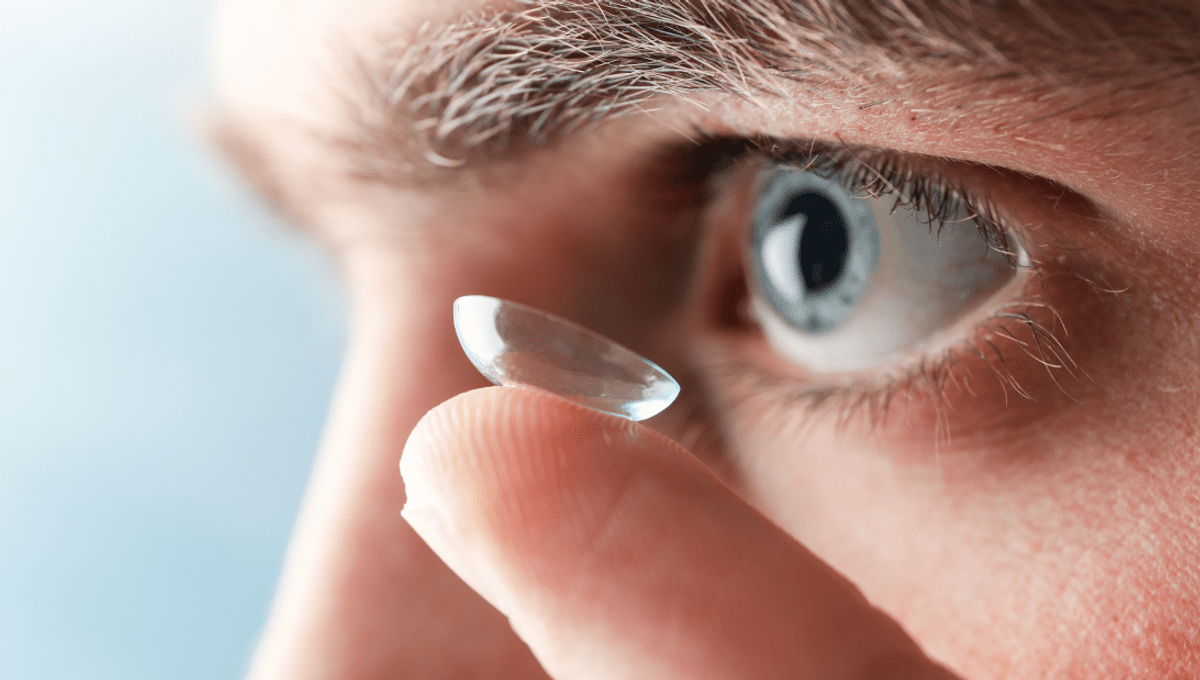
Your risk of contracting a rare eye infection increases almost four times if you use soft reusable contact lenses compared to using soft disposable ones. That’s the grim findings from research led by the University College London (UCL) Institute of Ophthalmology and Moorfields Eye Hospital, where researchers have been investigating what factors can increase a person’s risk of being diagnosed with Acanthamoeba keratitis (AK).
“In recent years we have seen an increase of Acanthamoeba keratitis in the UK and Europe, and while the infection is still rare, it is preventable and warrants a public health response,” said lead researcher Professor John Dart in a statement.
“Contact lenses are generally very safe but are associated with a small risk of microbial keratitis, most commonly caused by bacteria, and which is the only sight threatening complication of their use. Given that an estimated 300 million people across the globe wear contact lenses, it is important that people know how to minimise their risks for developing keratitis.”
Dart and colleagues recruited over 200 patients, 83 of which had AK while the other 122 were brought to the Moorfields Eye Hospital for other conditions. The latter acted as a control group so that the researchers could try and establish what risk factors increased a person’s likelihood of picking up the corneal infection.
Their results showed that reusable soft contact lens wearers had 3.8 times the odds of developing AK compared to daily disposable lens wearers. Sleeping and showering in lenses also increased the risk by 3.9 and 3.3 times respectively. By their estimates, the researchers found that 30-62 perfect of AK cases in the UK could be prevented by a switch to daily disposable lenses, which could well be the case for other countries too.
“Previous studies have linked AK to wearing contact lenses in hot tubs, swimming pools or lakes, and here we have added showers to that list, underlining that exposure to any water when wearing lenses should be avoided,” said first author, Associate Professor Nicole Carnt of the University of New South Wales, Sydney, and UCL Institute of Ophthalmology and Moorfields Eye Hospital. “Public pools and coastal authorities could help reduce this risk by advising against swimming in contact lenses.”
While sight loss from AK is rare, it can happen in severe cases which is why the team wanted to investigate possible risk factors further. In the UK, around 1 in 20,000 contact lens wearers are diagnosed with AK annually, but the team hopes that simple interventions could go some way towards lowering that statistic.
“Contact lens packaging should include information on lens safety and risk avoidance, even as simple as ‘no water’ stickers on each case, particularly given that many people buy their lenses online without speaking to a health professional,” concluded Dart.
“Basic contact lens hygiene measures can go a long way in avoiding infections, such as by thoroughly washing and drying your hands before putting in your lenses.”
The paper is published in Opthalmology.
Source Link: Reusable Contact Lenses More Than Triple Your Risk Of Catching This Rare Eye Infection